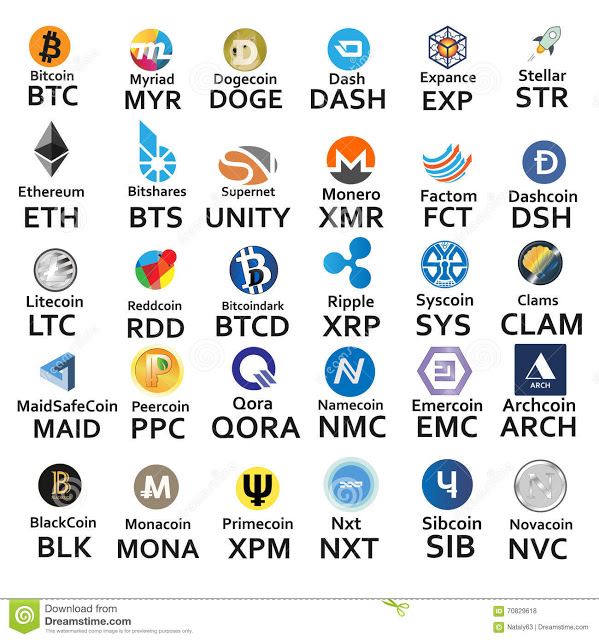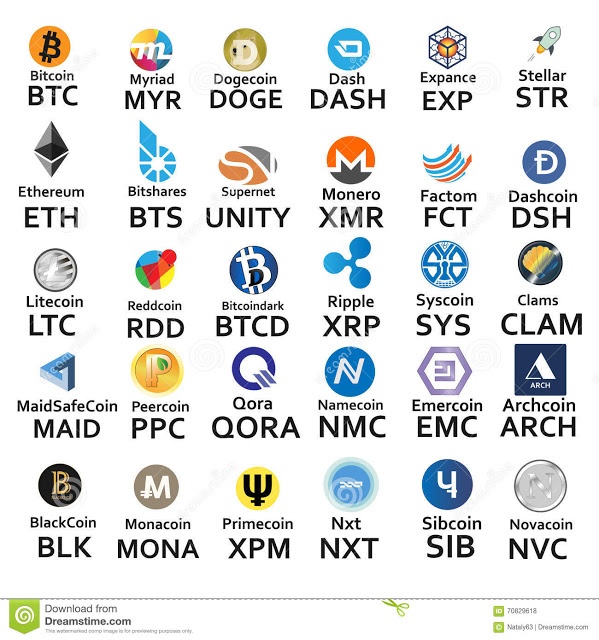I’m not quite sure if anyone has given some careful thought, whilst in the heat of this Crypto mania, to the actual ramifications of the blockchain and its impact on the global economy. So, this is an attempt to perform a calculated prophecy, based on the conversations had with like-minded visionaries. An introspection into this much talked about technology has led to endless possibilities and here is how:
Presently, every Tom, Anastasia, and Patel are pursuing short-term gains. Relentlessly investigating ways in which they too can “cash in” on the new digital currency from an investment point of view. This is mainly driven by how the altcoin is performing in value. But the real appeal for each digital “currency” comes from the security, speed and of the transactions it permits, as well as the fact that it is decentralized, free from additional admin charges and commissions.
Also, let’s not forget the anonymity it affords one – great for criminals, money launderers. Because of the increased risk, monetary authorities and regulatory bodies will definitely make a case for the tighter controls or the outright banning of this new currency altogether.
Retail and commercial banks, are currently entrusted with the movement of funds (electronic transfers) and are governed by economic monetary policy set up by the watchful eye of their big brothers – the Reserve Banks. These are the “primary targets” so to say of the blockchain, and were, therefore, the first to react by investing or attempting to start up their own blockchains. Such projects, however, prove to be expensive and still risky ventures given that no-one knows the source and destination of the blockchain.
Banks are nevertheless having to either make quick decisions as to whether they get on board (some are partnering with developers of Cryptos such as Ripple), or get left in the dust when it comes to adopting a disruptor that clearly works better than what they are currently using or offering to their clients.
But we also must look beyond banks towards institutions such as credit lending facilities and money transfer institutions, who also are in partnerships with the banks. They stand to get wiped out by the blockchain if you think about it. I mean, who will want to cough up a 10% commission or a transfer fee on money sent abroad to your family when you can use something like IOTA which, by the way, is as a Crypto hovering around 3-5 USD per unit. It is capable of transacting very quickly (even more so than the known altcoins as it uses a different technology altogether) and securely with no transaction fees. And how so you may ask? Those details are listed clearly on their respective websites. This begs the question – what does that then mean for companies like Visa, Mastercard or even PayPal?
You can also imagine the implications for investment banks and its traders if markets such as the very volatile foreign exchange (Forex) are completely abandoned and substituted by Cryptos. There are now many an exchange for Cryptos in the appearing monthly.
So, you will be able to switch or trade Bitcoin for Ethereum, Litecoin, IOTA or Ripple if you need them for a specific transaction, country or product/service that only deals in that digital currency.
While most people are understandably looking at it solely from an investment point of view – as greed never sleeps – its purpose is actually about changing the way we transact and pay for goods and services. The aim is to make it a currency not only accessible to attain but also if you have the resources to “mine “and own them, can be an alternative income generator alleviating the need for job creation – or a substitute for those who are perhaps made redundant by Automation and AI. So, once you mine the currency (provided you have the infrastructure and pay the overheads), you can use it to get the things you need or must pay for. e.g. your electricity bill can be processed and paid for directly from an IOTA-holding wallet.
And speaking of electricity, I came across a very insightful article (referenced in the resource section) focusing on the impact energy consumption that global rampant mining will cause the price of electricity and the environment. Coupled with the switch to electric cars this could surely force us to invest in better ways to generate electricity if we are to maintain sensible levels of sustainability.
Whether the price of electricity goes up or down will be determined by how quickly energy providers globally will be able to meet this surging demand. We can surely be in a position to observe the upcoming impact on electricity consumption from next year as more and more of the global population begin to mine altcoins for themselves.
I also believe that the initial plan for Cryptos’ was to enable anyone to have access to a shared (decentralized) peer-to-peer type service which allows for secure transacting. One can look at the blockchain working in the same manner as BitTorrent or E-Mule (for those who remember that far back). In the way, that data, albeit mostly bootlegged music, videos, and software, was distributed and downloaded on the web.
“Blockchain is essentially a quick peer-to-peer transaction of digital currency”
So, while the value of Cryptocurrencies is now driven by a demand in terms of how well it works as a system, we must also look more closely at the added value it can offer society from a functional, practical, convenient and of course, cost-saving perspective.
As we head into the festive season and bonuses are being paid out, be responsible for how you splash out. Do your research first – even if it means waiting a year to see how it all plays out.











